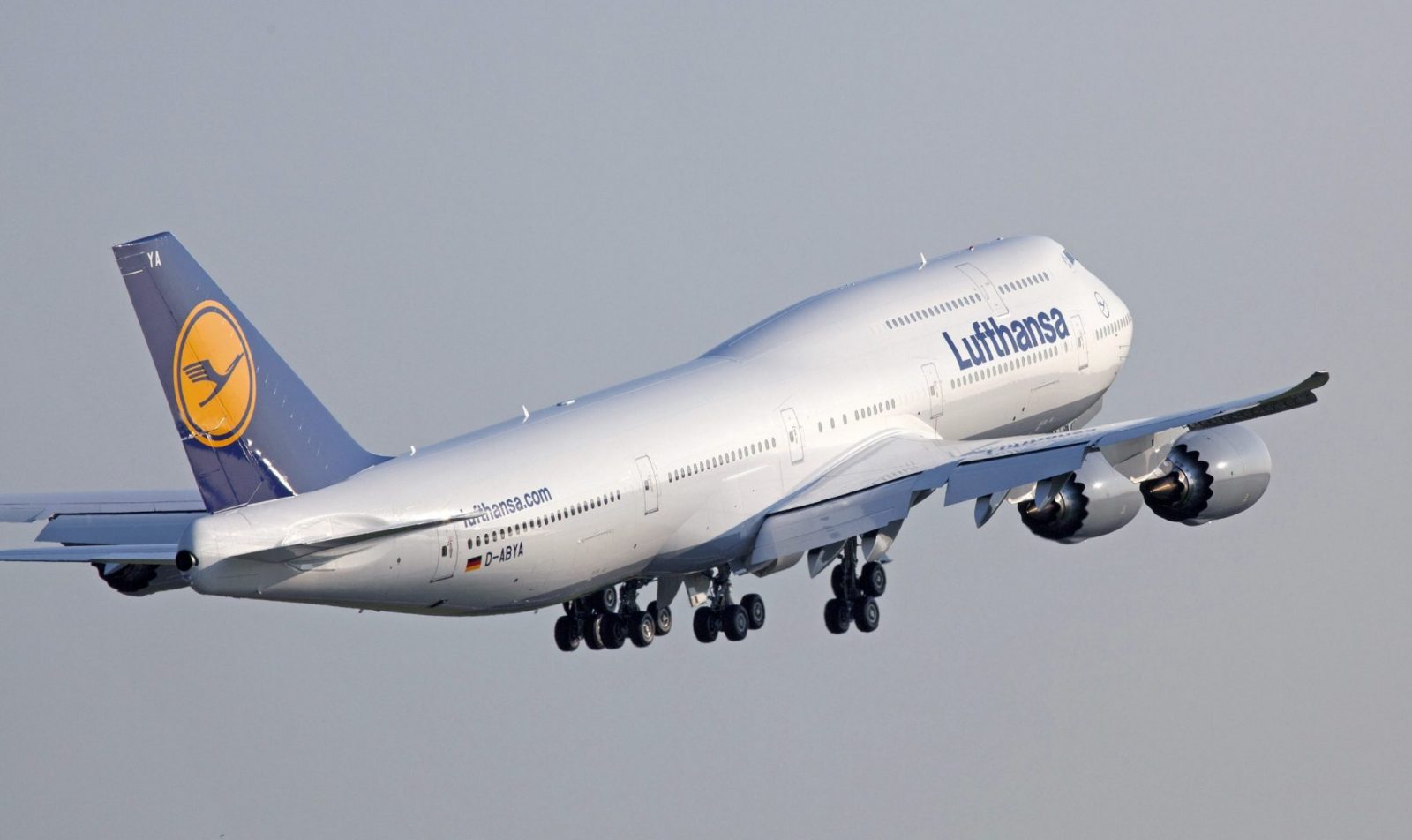
In 2009, Lufthansa said it would oppose the “wild expansion” of Emirates, Etihad and Qatar Airways into the European market. At the time, the airline claimed it welcomed competition but that bilateral agreements between European and Gulf airlines weren’t “balanced.”
Lufthansa’s vice-president of marketing, Thierry Antinori, said the German airline was calling on his country’s politicians to limit access rights to Gulf airlines. He explained that while Emirates, Etihad and Qatar could fly several routes each to German destinations, Lufthansa only had access to a much smaller market in the Gulf.
Those sentiments were again echoed in 2011 and 2013 – and pretty much every year since. Lufthansa has even called for Emirates to be barred from flying to Berlin’s new airport (when it eventually opens). So far, the German government hasn’t given in to Lufthansa’s demands – which probably goes a long way to explaining the airline’s new approach.
First came the wild rumours that Lufthansa was in talks with Abu Dhabi-based airline, Etihad Airways for a full blown merger. Unsurprisingly, that speculation turned out to be way off the mark but an announcement from the two airlines in December 2016 signalled a major thawing of relations.
The deal struck between Lufthansa and Etihad was initially publicised as a codeshare agreement on a small number of routes. There was also a catering and maintenance deal with Lufthansa providing services to Etihad aircraft. But the main news was a wet-lease agreement between Lufthansa and airberlin – an airline that Etihad owns a 29% stake in.
Lufthansa has a 6-year deal to wet lease airberlin aircraft
The six-year deal will see Lufthansa lease 38 aircraft and their flight crew from airberlin. 33 of these are being used for Lufthansa’s budget operation, Eurowings with another 5 aircraft put to use at Austrian Airlines. It was part of a major restructuring effort at airberlin in a desperate bid to cut back heavy losses at the carrier.
Yet despite its efforts, airberlin filed for bankruptcy yesterday. Etihad Airways released a statement in which it said: “airberlin’s business has deteriorated at an unprecedented pace, preventing it from overcoming its significant challenges and from implementing alternative strategic solutions.”
As a result, Etihad said it would cut its funding to the loss making carrier as it could not increase its financial exposure any further. Etihad’s total exposure to airberlin now stands at over €2 billion with additional funding to the tune of €350 million offered to airberlin in April.
Ryanair calls airberlin’s demise “manufactured”
But Ryanair, Europe’s largest low-cost carrier smells a rat. On the very day airberlin applied for insolvency, Ryanair lodged a competition complaint with both the European Commission and the German Bundeskartellam. The carrier has claimed Lufthansa’s proposed takeover of airberlin is an “obvious conspiracy” between the German government, airberlin and Lufthansa.
Ryanair says that other competitors have been excluded from the process – in breach of European rules. In a strongly worded statement, the Irish airline went as far as to call the bankruptcy a “manufactured insolvency” – designed to “allow Lufthansa to take over a debt-free Air Berlin.”
The statement went onto say: “Now even the German Government is supporting this Lufthansa-led monopoly with €150m of State Aid so that Lufthansa can acquire Air Berlin and drive domestic air fares in Germany even higher than they already are.” Ryanair claims that German customers will suffer if Lufthansa is allowed to take over airberlin.
Talks for Lufthansa to take over airberlin are “advanced”
Even airberlin has admitted that negotiations with Lufthansa are in the advanced stages. The airline says that talks have been promising and hopes “negotiations may be finalised shortly.”
Which begs the question of how much involvement Etihad has had in this process? Admittedly as a non-majority stakeholder in airberlin, it shouldn’t be able to control the airline’s business decisions. But when you talk about the amount of money Etihad has ploughed into airberlin you begin to realise how much influence it could have.
Could Ryanair be right in thinking this was all manufactured – and could it serve to help Etihad’s fortunes in the German market going forward? After all, even Etihad confirmed yesterday: “Germany is an important market for Etihad and Abu Dhabi, and we remain committed to providing comprehensive air links as a key enabler of trade and tourism.”
Nonetheless, as it stands, Lufthansa is publicly at least still challenging the Middle East airlines. In February, the chief executive of Lufthansa, along with the CEO’s of Air France and KLM wrote to EU Transport Commissioner Violeta Bulc, seeking to influence the drafting of a new EU law that would limit supposed anti-competitive behaviour by Gulf carriers.
Developments over the coming months should be interesting to watch.
Mateusz Maszczynski honed his skills as an international flight attendant at the most prominent airline in the Middle East and has been flying ever since... most recently for a well known European airline. Matt is passionate about the aviation industry and has become an expert in passenger experience and human-centric stories. Always keeping an ear close to the ground, Matt's industry insights, analysis and news coverage is frequently relied upon by some of the biggest names in journalism.







